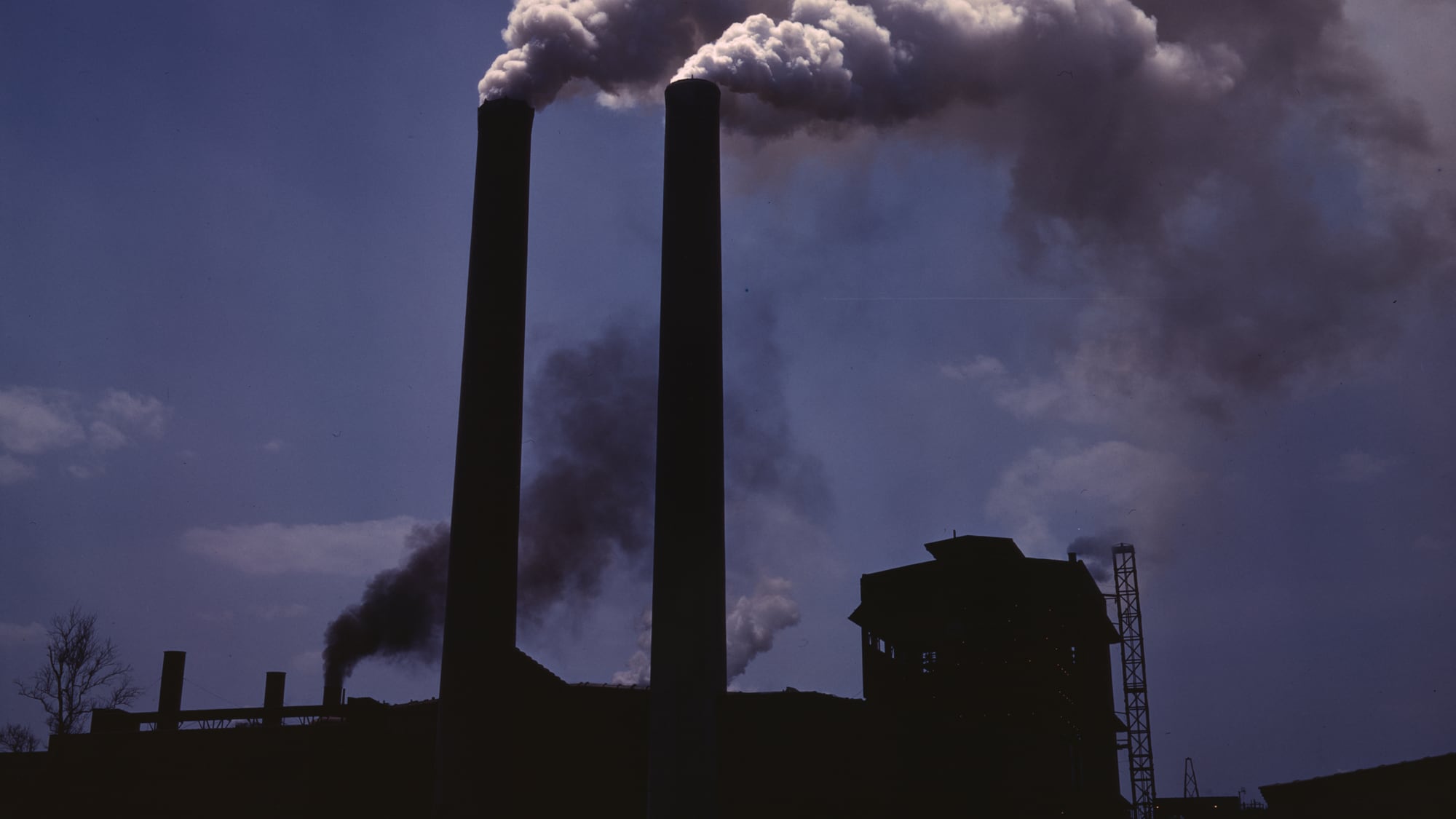After more than six hours of debate, the Oregon House today passed House Bill 2020, a long-awaited effort to meet the state's carbon emission reduction goals.
State Rep. Karin Power (D-Milwaukie), the co-chair of the Joint Committee on Carbon Reduction, carried the bill on floor.
Power called the threat posed by climate change "the greatest crisis in our lifetime."
Democratic lawmakers have called the bill the "Clean Energy Jobs Bill," in an effort to emphasize the potential creation of new jobs from a transition to green energy.
Republicans have focused criticism on the impact of that transition: in effect forcing fossil fuel prices higher to reduce consumption. A state analysis found the bill—which is 100 pages long and has seen 116 amendments this session—would raise gasoline prices 22 cents a gallon by 2021 and by $3 a gallon by 2050.
The goal: to reduce emissions by least 45 percent below 1990 emissions levels by 2035 and to at least 80 percent below 1990 emissions levels by 2050.
In a long back-and-forth debate on the floor, Democrats argued the bill was the least Oregonians could do to help fight a global threat; Republicans said it was a tiny drop in a very large bucket that would make no positive change except to hurt Oregon individuals and businesses and put them at a disadvantage to residents of other states.
"The impact will be imperceptible," said state Rep. Mike McLane (R-Powell Butte).
McLane also made it clear in his questions of Power that were the bill to pass the House with fewer than a super-majority of 36 votes and subsequently pass the Senate, Republicans are likely to challenge in court whether the bill meets the definition of a new tax, which would require a super-majority three-fifths vote in both chambers.
After nearly two hours of floor debate, Republicans called for the bill to sent sent back to the Joint Ways and Means Committee. That motion failed. Rep. Cedric Hayden (R-Roseburg) then sought to refer the bill to the House Health Care Committee. That effort also failed.
After a third failed motion—this one to the Revenue Committee—state Rep. Christine Drazan (R-Oregon City) rose to explicitly call the question: would HB 2020 require a three-fifths vote or a simple majority?
Kotek read from a recent opinion from Legislative Counsel Dexter Johnson, which said it failed to meet the two-part test required to qualify as a new tax and, therefore, it only required a simple majority vote. Drazan appealed Kotek's ruling and, after debate, Kotek's colleagues supported her ruling on a party line vote.
Then state Rep. Werner Reschke (R-Klamath Falls) made a motion that the bill be referred to the House Committee on Energy and Environment. That motion failed. House Minority Leader Carl Wilson (R-Grants Pass) moved that the bill be postponed indefinitely because it provide negligible benefit and penalize rural Oregonians. That motion also failed.
Finally, after more than six hours of discussion of the potential risks and benefits of the bill, Kotek called for a vote. The result, a 36-24 margin for passage, made moot Republican concerns about a super-majority, at least in the House. (Reps. Caddy McKeown (D-Coos Bay) and Brad Witt (D-Clatskanie) were the two Democrats who broke with their party to vote "no.")
After he and his colleagues did all they could to derail the bill, Wilson, the House Republican leader, was left hoping it will find a chillier reception in the Senate.
"This is the most destructive piece of legislation to ever come through the House of Representatives," Wilson said in a statement. "Workers will tremendously suffer under Cap and Trade. Thousands of jobs will be lost. Wages will decline, gas prices will climb, and family budgets will be strained. Climate change is a global problem, not an Oregon problem. Oregon's workers should not be punished for the reckless environmental policies of China and India."
Democrats cheered the victory, which came a dozen years after the first version of a cap-and-trade bill was introduced in Oregon.
"The climate crisis is a constant threat to our way of life, a threat that would make the planet, as we know it, uninhabitable," said Power in a statement. "We have faced great challenges before and come out stronger for them. We can't delay any longer. If we do, we will have to face future generations and explain to them our inaction, even with all we knew. Today, we can show that economy-wide programs to transition from fossil fuels toward a clean, renewable future are possible."
The bill will now move to the Senate floor for a vote.
